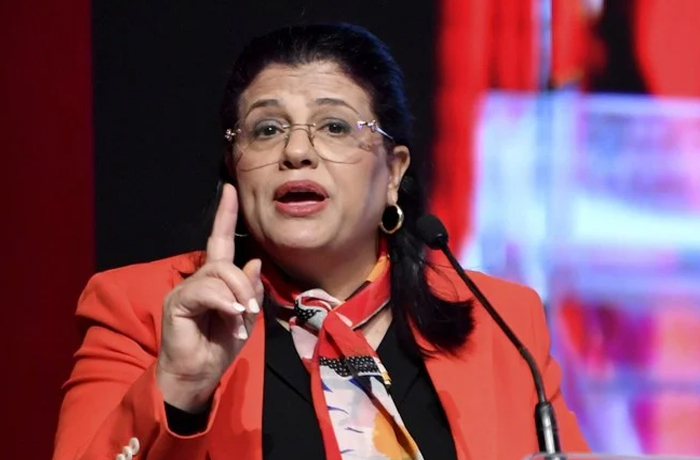(3 minutes read)
Tunisia’s finance minister presented the Budget 2023 recently in Parliament aiming to use new tax revenues to make good the deficit back to nearly five percent of GDP as an interim measure as the country awaits an international bailout
Tunisia’s finance minister presented the Budget 2023 recently in Parliament, aiming to use new tax revenues to make the deficit back to nearly five percent of GDP as an interim measure as the country awaits an international bailout. The country has a huge domestic and external debt and presently faces shortages of goods ranging from sugar to petrol. The inflation is hovering around 10 percent, pushing even essential goods away from the reach of the common man.
In the Budget, finance minister Sihem Boughdi has spelled out strategies to cut the budget deficit from 7.7 percent of gross domestic product to 5.2 percent. The public debt is growing every year mainly on account of heavy imports and large subsidy bills. Politically sensitive subsidies are set to drain the exchequer 46.4 billion dinars (US$14.8 billion) yearly, forcing the country to borrow some 23.5 billion dinars to cover state needs for the coming year, the minister revealed.
Read Also:
https://trendsnafrica.com/tunisias-parliamentary-election-records-lowest-turnout/
https://trendsnafrica.com/parliament-poll-in-tunisia-today/
The minister further said that the country would seek more than US$4 billion from overseas as well as some US$3 billion from local banks. This has been reflected in the Budget 2023. As a measure to mopping up more revenue from internal sources, the government has imposed a new tax of half a percent on real estate assets worth over 3 million dinars (U$960,000). According to the new plan, cash payments of over 5,000 dinars will be taxed at 20 percent. Taxes on professional services, such as legal services will be hiked to 19 percent, up from 13 percent. The budget forecasts that the GDP will grow in 2023 at 1.8 percent GDP. It assumes that oil prices would move in the vicinity of US$89 a barrel. The Budget also assumed that the International Monetary Fund would lend a US$1.9 billion bailout loan. The inflation would continue unabated at 10.5 percent.





